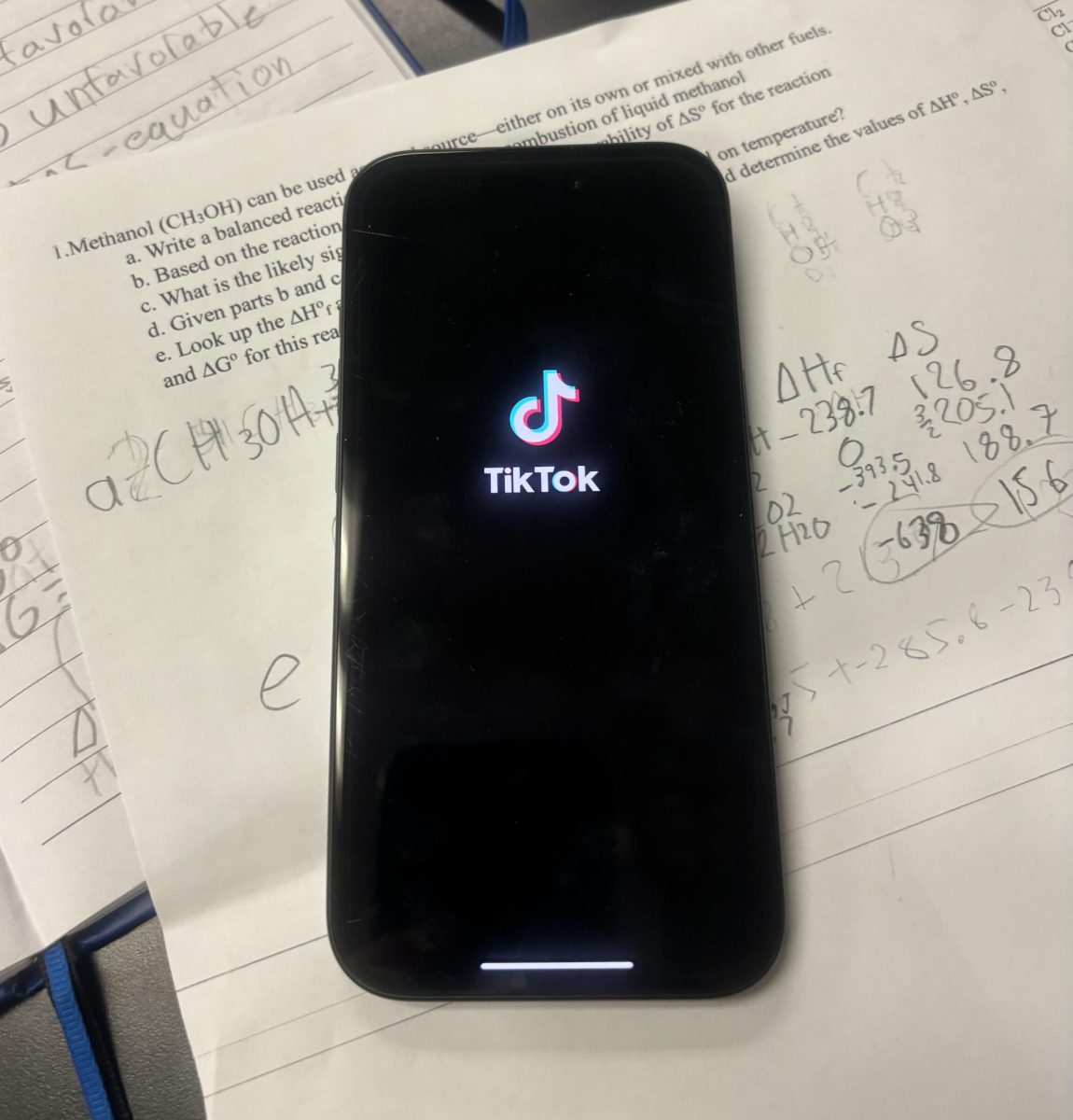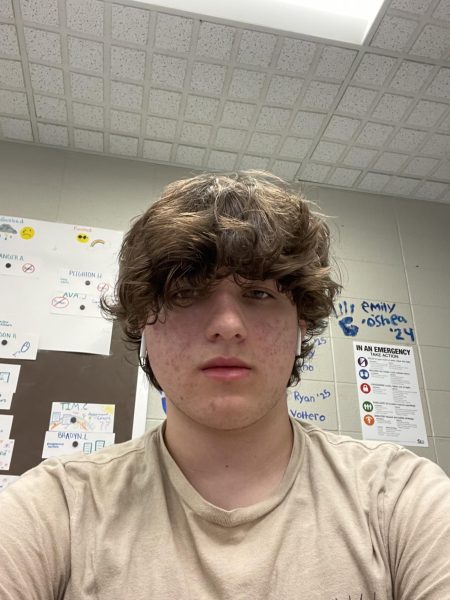Cell phones are one of the biggest dangers to students at Triton because of how addictive they are. According to the investigation, over 80 percent of students at Triton are using phones during classes. The problem is not cell phones themselves- they are handy tools when used responsibly- but the true problem is the amount of time some people spend on them scrolling or playing games, etc. Cell phone addiction can cause many health problems and also takes away from the time people could be spending interacting with each other or being productive.
How did cell phone use even get this out of hand in the first place? If we rewind to 2020, the use of cell phones skyrocketed during the covid-19 lockdown because online or over the phone was the best way to communicate with friends and family. During that time frame, it would make sense for a lot of bored teenagers to become addicted to their phones. Whether it was keeping up with friends, playing games, watching shows, or posting videos of them dancing on some new app called TikTok, people were always on their phones.
Because of how long people spend on their phones, it’s one of the best ways for companies to advertise to people. Companies take advantage of this by developing their apps to keep you on them for as long as possible, to either take your money from in-app purchases or make money from ad revenue within the app. The reason these apps are so addictive is that they are designed to be in the first place.
Because of cell phones addictive and distracting tendencies, some schools have completely banned cell phones and take students’ phones at the start of the day and then return them at the end of the day. Not all schools have a system like that in place yet. Most schools make rules and policies against cell phone use; however, data collected claims that 53% of Triton students use their phones even after being told to put them away.
Alongside students habit of not following the cell phone policy, Most teachers don’t enforce cell phone policies very strictly. In a survey taken by Triton students, data shows that 70% of students only have a few teachers who enforce the cell phone policy, and some have even less. In the teachers’ defense, they have much more important things to worry about than kids on their phones, right?
The consequences phone addictions have on kids are serious and cannot be ignored anymore. The effect cell phones currently have on kids is detrimental to their sleep, health, academic performance, concentration, and mental health.
An article from the NIH(National library of medicine) goes more in depth “Research has shown an increased risk of traffic accidents, about 3–4 times greater chance of an accident, when mobile phones (either handheld or with a “hands-free” kit) are used while driving due to distraction.” Driving is already so dangerous for teenagers, and phone addiction is only adding to that danger.
The use of cell phones also impacts the sleep and academic performance of students. The blue light, the type of light from phone screens, is also the same type of light that comes from the sun. Looking at screens is pretty much like a signal to the brain that it’s time to wake up, and most students use their phones right before they sleep, causing them to have difficulty sleeping. The effect on students sleep is harmful to their academic performance; obviously, it’s harder to do anything when you’re tired.
Carrie Yespy, a Social Worker/ Adjustment Counselor from Triton, gave her opinion on phone use and the cell phone policy at Triton. She believes phone addiction is “absolutely” a problem at Triton and kids are always distracted because “they feel like they might miss out.”
She suggested a change in the cell phone policy and how it is handled. She thinks leaving it up to individual teachers to enforce the cell phone policy isn’t the right move: “The teachers are already so busy and having to stop lessons to tell people to put their phone away doesn’t help”.
Her idea is that the school administration could enforce the policy, supporting the idea that phones should be taken away at the start of the day and given back at the end of the day.
That Idea is also supported by the vice principal of Triton, Elizabeth Pacheco. She says that the cell phone policy is helping because there is a drastic reduction in the number of cell phone-related write-ups.
Even though the current policy is helping she still would support a cell phone ban, saying “I honestly dont see any down falls academically, I think only good can come from it, improving students attention span, decreasing irritability allowing them to stay focused, help eliminate people having pictures taken causing drama, help privacy, and help kids stop being mean to each other”.
She acknowledges the most common concern related to a cell phone ban which is the communication with parents via cell phones in case of emergency, however she reassures that in the case of an emergency it might be better to not know at school and not have that stress put on you right away, and if its something super important the school can always locate students via phone calls.
Even though she might support a cell phone ban in the future, according to her, there are currently no plans to ban cell phones. She says that things can change, but as of this article being written, there are no plans to conduct a school-wide phone ban.








